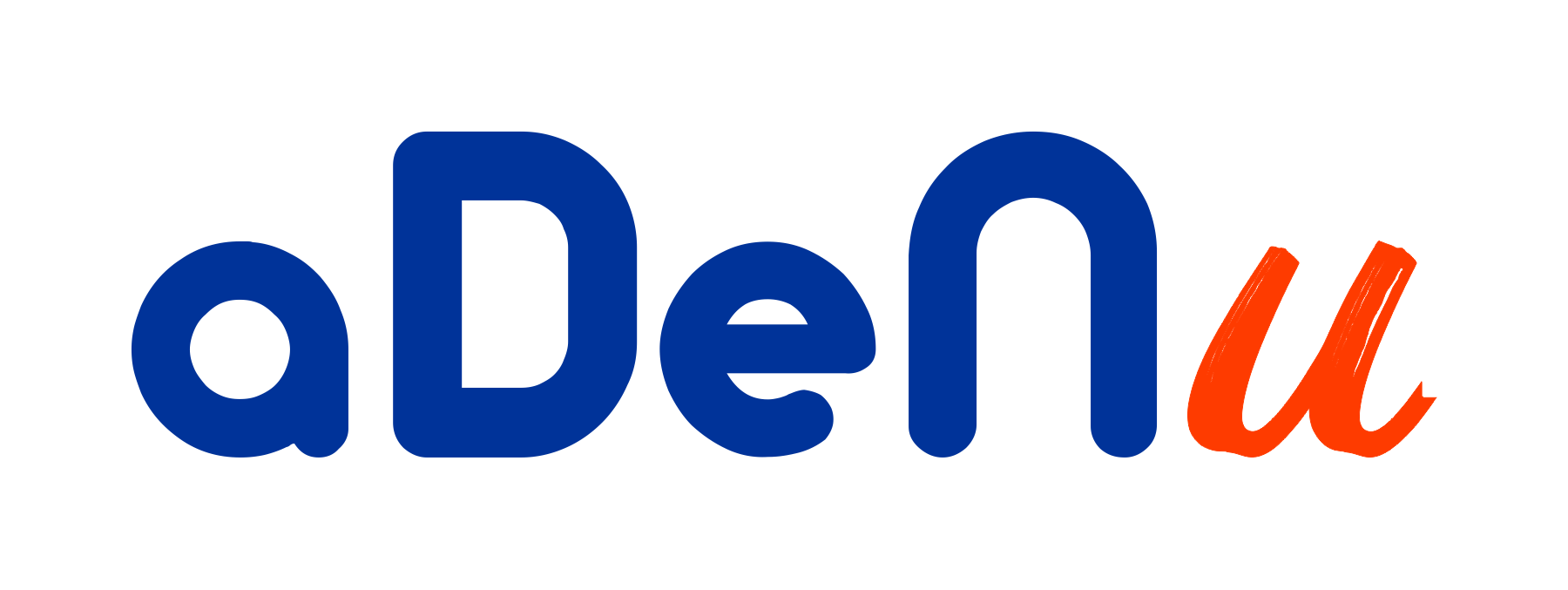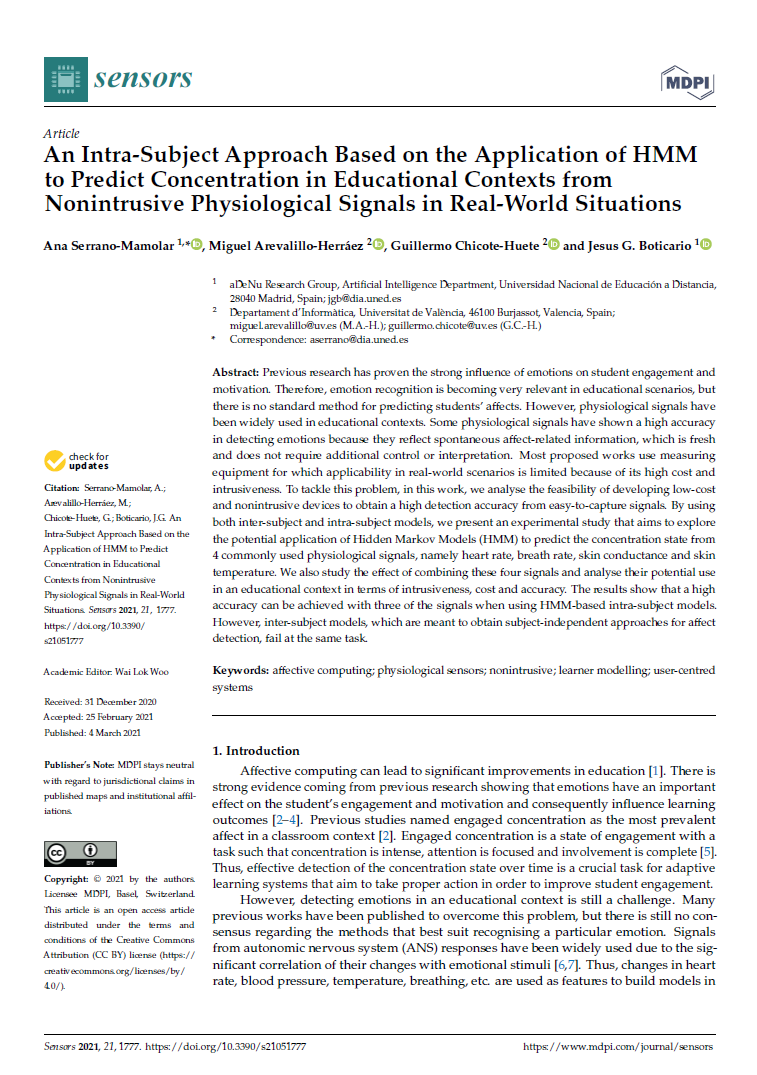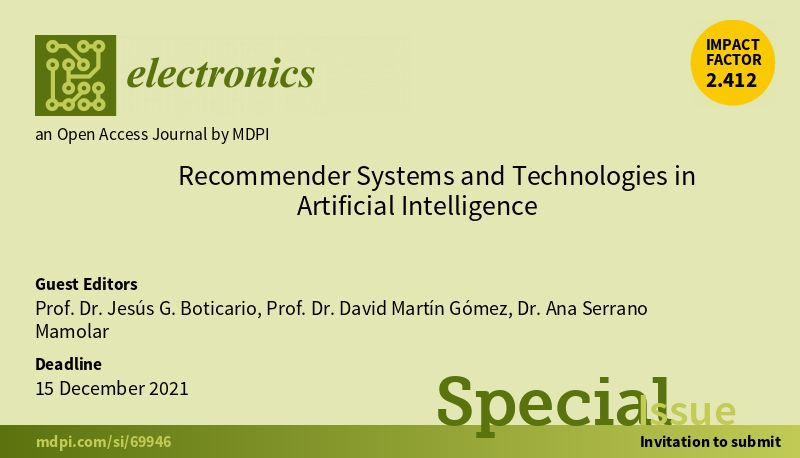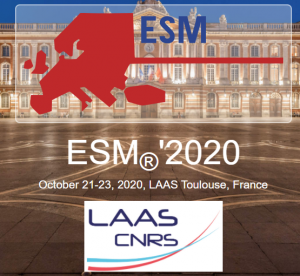INTelligent INTra-subject development approach to improve actions in AFFect-aware adaptive educational systems
Motivation
Currently, affective computing is a hot issue in education due to advances in various areas. A major impact comes from novel wearable and varied sensing devices that provide multimodal channels of interactions from where to detect affect. Beyond the complexity that entails processing and modeling these data in real time, there is an intrinsic difficulty in dealing with affect, which is elusive, vague, evolving, and very dependent on each individual. The latter, i.e., the personality traits, background, context and disposition of each individual is precisely what has a major impact on every other issue (see below) and thus needs further research to advance the methodological approach and developments that would support the deployment of affect-aware user-centered adaptive systems in realistic educational scenarios.
Project target
This project aims to advance the methodological and practical developments required to address the intertwine relationship between the learner’s affective and cognitive states, as the center and the target of a multisensorial affect-aware user-centered adaptive learning system, and the given context, as the framework where the educational scenario (i.e. real world settings with ecological validity) takes place and where ambient features, individual traits and background interplay, in order to provide the most appropriate response to a particular learner in a given situation.
We build on the following hypothesis:
“There are methodological and practical open issues that can be significantly advanced in the management of the affective state (i.e., gathering affective information in a multi-modal framework, detecting and modeling the affective state and responding accordingly) of each particular person through different educational scenarios if that unique person is considered from the outset to provide just-in-time adaptive feedback according to her needs.”
RESEARCHERS
Jesús G. Boticario
Principal Investigator
Olga C. Santos
Principal Investigator
Raúl Cabestrero
Researcher
Pilar Quirós Expósito
Researcher
Antonio Rodríguez Anaya
Researcher
Ana Serrano
Researcher
Emmanuelle Gutiérrez y Restrepo
Accesibility Expert
COLLABORATORS
University Rey Juan Carlos
University of Valencia
La Rioja International University
University Carlos III de Madrid
LATEST NEWS:
New publication accepted in Sensors
Our work entitled “An Intra-Subject Approach Based on the Application...
Read MoreCall For Proposals
Sepecial Issue “Recommender Systems and Technologies in Artificial Intelligence” in...
Read MoreNew contribution accepted in the 26th annual conference on Intelligent User Interfaces
ACM IUI 2021 is the 26th annual meeting of the...
Read MoreaDeNu presents their new contribution in the 34th annual European Simulation and Modelling Conference
The group presented their paper entitled “Towards the modelling of...
Read MorePUBLICATIONS:
Journals
- Serrano-Mamolar, A.; Arevalillo-Herráez, M.; Chicote-Huete, G.; Boticario, J.G. An Intra-Subject Approach Based on the Application of HMM to Predict Concentration in Educational Contexts from Nonintrusive Physiological Signals in Real-World Situations. Sensors 2021, 21, 1777. Open Access: https://doi.org/10.3390/s21051777
- Raul Uria-Rivas, M. Cristina Rodriguez-Sánchez, Olga C. Santos, Joaquín Vaquero Lopez, Jesús González-Boticario: Impact of Physiological Signals Acquisition in the Emotional Support Provided in Learning Scenarios. Sensors 19(20): 4520 (2019) Open Access: https://www.mdpi.com/1424-8220/19/20/4520
- Alberto Corbi, Olga C. Santos, Daniel Burgos: Intelligent Framework for Learning Physics with Aikido (Martial Art) and Registered Sensors. Sensors 19(17): 3681 (2019) Open Access: https://www.mdpi.com/1424-8220/19/17/3681
- Olga C. Santos, Alberto Corbi: Can Aikido Help With the Comprehension of Physics? A First Step Towards the Design of Intelligent Psychomotor Systems for STEAM Kinesthetic Learning Scenarios. IEEE Access 7: 176458-176469 (2019) Open Access: https://ieeexplore.ieee.org/document/8924699
- Olga C. Santos: Artificial Intelligence in Psychomotor Learning: Modeling Human Motion from Inertial Sensor Data. Int. J. Artif. Intell. Tools 28(4): 1940006:1-1940006:19 (2019) https://www.worldscientific.com/doi/epdf/10.1142/S0218213019400062 . Download preview version
Conference contributions:
- Jon Echeverria y Olga C. Santos (2021) “KUMITRON: Artificial Intelligence System to Monitor Karate Fights that Synchronize Aerial Images with Physiological and Inertial Signals”.26th International Conference on Intelligent User Interfaces (IUI ’21). Association for Computing Machinery, New York, NY, USA, 37–39. DOI:https://doi.org/10.1145/3397482.3450730. Open Access: https://dl.acm.org/doi/10.1145/3397482.3450730
- Ana Serrano-Mamolar; Miguel Arevalillo-Herráez; Jesús G. Boticario. “Towards the modelling of the concentrated state of learners. An intra-subject modelling approach”. 34th European Simulation and Modelling Conference (ESM 2020). Submitted version
Conference organisations:
- Organización del 1st International Workshop on Multimodal Artificial Intelligence in Education (MAIEd) Daniele Di Mitri, Roberto Martiınez-Maldonado, Olga C. Santos, JanSchneider, Khaleel Asyraaf Mat Sanusi, Mutlu Cukurova, Daniel, Spikol,Inge Molenaar, Michail Giannakos, Roland Klemke, and Roger Azevedo. 22nd International Conference on Artificial Intelligence in Education (AIED 2021). https://maied.edutec.science/
- Congreso 28th Conference on User Modeling, Adaptation and Personalization, UMAP 2020. Olga C. as Chair of Session 3: Student modeling. https://um.org/umap2020/
- Congreso 27th Conference on User Modeling, Adaptation and Personalization, UMAP 2019. Olga C. Santos as Program Chair. http://www.cyprusconferences.org/umap2019/







